
The rapid and concomitant development in frontier methods for the controlled synthesis and characterization of biomaterials at the molecular, nanoscale level, combined with the technological advances in reading and writing genomic, proteomic, metabolomic, and epigenetic information, provide a unique set of opportunities to bring together scientists and engineers from these traditionally disparate fields into a common community. Under such circumstances, Materials Synthetic Biology emerges as a new discipline that lies at the nexus of the physical sciences, life sciences, and engineering, where the tools and tactics of materials science and other engineering principles are used to interrogate, manipulate, and generate new functions in biological systems, while at the same time the concepts and components of biology are employed to create new sustainable materials of fundamental interest and societal benefit. Residing in Shenzhen Institute of Synthetic Biology (iSynBio), the newly established Materials Synthetic Biology Center strives to build up an internationally renowned, first-class research hub, where technological innovation and education of the next generation scientists are intimately integrated, and cross-disciplinary collaborations are highly encouraged. The current key research areas of the center include: (1) "Living" functional materials; (2) Semiconductor synthetic biology; (3) Programmable biomaterials and applications in biomedicine, bioenergy and bioelectronics.
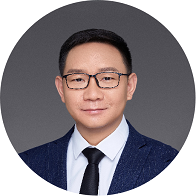
Research field: Material Synthetic Biology. Our group’s main research interests include: 1) Living functional materials; 2) Semi-conductor synthetic biology; 3) Programmable biomaterials and applications in biomedicine, bioenergy and bioelectronics.
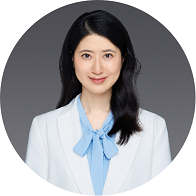
Engineered living materials and synthetic microbial consortia.
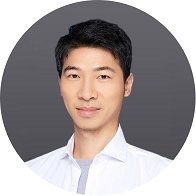
Synthetic Evolution
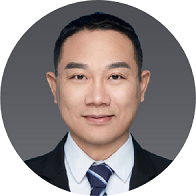
Guangkai BIAN

The goal of the lab is to develop effective treatments to solve clinical problems like trauma, inflammatory disease and organ transplantation.
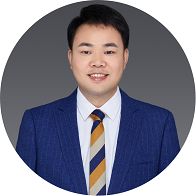
The Gao group is interested in exploring semiconductor-cell biointerface.
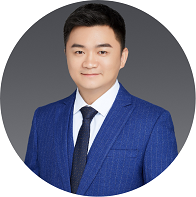
Major research directions include semi-artificial photosynthesis and microbial living functional materials.
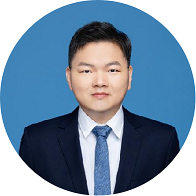
Teng WANG